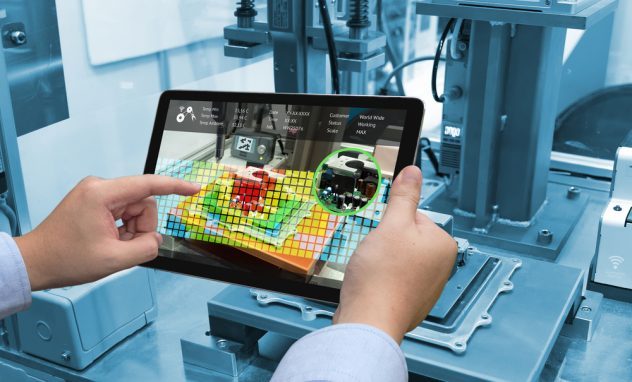Today’s manufacturing industry is facing real challenges. Customers are demanding more high-quality and cheaper products within a relatively short period of time. At the same time, industries have to work with scarce resources and as sustainably as possible in order to maximize their profits.
To meet the increasing customer demand while efficiently utilizing scarce resources, manufacturing industries are now turning to digitization of their production processes. In these processes, manufacturers such as Trimantec have to incorporate two worlds i.e. the virtual and the real world, in the internet of things, data, and services. In this case, machines, goods, and work pieces are equipped with micro-computers, sensors, and actuators which are connected to each other.
Here are digital transformation trends in the manufacturing industry:
IOT (Internet of Things) and Industry
IOT is the center of industrial transformation when used intelligently. It is capable of providing manufacturing industries with a competitive advantage. The technology has restructured and simplified various manufacturing processes including quality control, maintenance of machines, asset management, field service and quality control.
For example, IOT has aided manufacturing industries deliver real time response and alert companies of flaws or damaged goods. This has helped cut down on manufacturing costs and waste. By this, industries have been able to check and cut on their costs.
Artificial Intelligence (AI) and Machine Learning
AI and machine learning are an important part of a digitized factory. The adoption of IOT brings manufacturers enormous volumes of data. However, this data can be useful to them if they are able to translate the information into insight and later apply it in their daily operations.
Machine learning and artificial intelligence produce a digital brain, without which nearly all digital initiatives are destined to fail. The integration of these two technologies is beneficial to manufacturing industries in increasing production capacity and lowering material consumption rate. This is achieved by their ability to increase intelligent use of the available resources as well as prediction of consumer demands.
Digitized Supply Chains
To build a digital industrial unit, there is a need of manufacturers to integrate their whole supply chains stirring all the stages of the production phase. This includes obtaining of the raw materials to the distribution of the end product. This requires manufacturers to combine various business functions e.g. development of the product, logistics, marketing, planning, and production. Manufactures will have to bring together all the organisms and technologies on which these functions bank on.
The amalgamation of the supply chain tasks targets creating a supply chain system where the connection between different parts of the machine is affected by alterations of actions somewhere else in the system.
How is Digitalization Transforming Manufacturing?
Here are some of the key ways in which digitization is transforming industrial production:
- The final product consumers are more satisfied and empowered. Consumers’ fast delivery, low cost, and high quality products demand are met.
- Digitalization has enabled business models to be more flexible.
- Incorporation of digital process has enabled manufacturing to be more consumers based.
